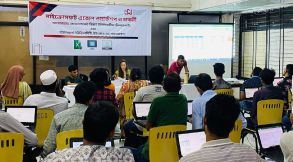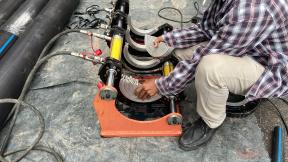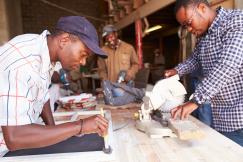This project studies the effects of introducing flexible work arrangements on female labour force participation (FLFP) and gender norms. In a field experiment with 1,670 households in West Bengal, we test whether offering flexible jobs could be a promising strategy for increasing FLFP. We find that flexible work arrangements are effective at increasing women’s employment; nearly half of women who are not in the labour force at the beginning of the study take up the most flexible job. By toggling on and off specific dimensions of job flexibility, we find that the ability to multitask with childcare and to work from home are the deciding factors in labour supply for many women, particularly those from more traditional households. In turn, work experience shifts gender attitudes to become less traditional. Lastly, we show that despite the efficacy of flexible work arrangements at increasing women’s labour supply, employers may avoid offering job flexibility because of negative worker selection and effects on productivity.
STEG Project Policy Brief
• Research Theme 2: Labour, Home Production, and Structural Transformation at the Level of the Household,
Cross-Cutting Issue 1: Gender
Bringing Work Home: Internet-Mediated Gig Work and Women’s Employment

Related content


















































